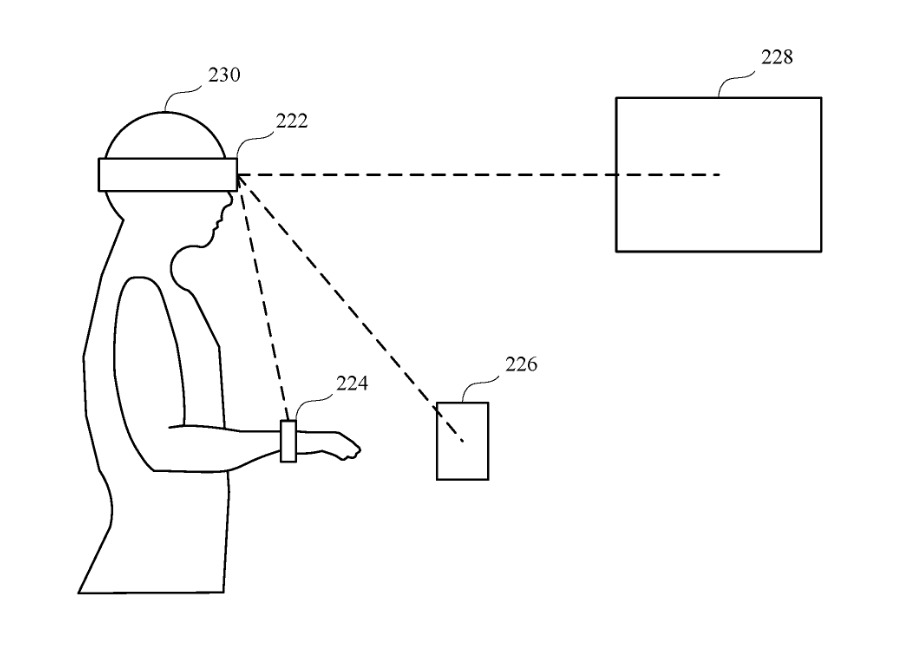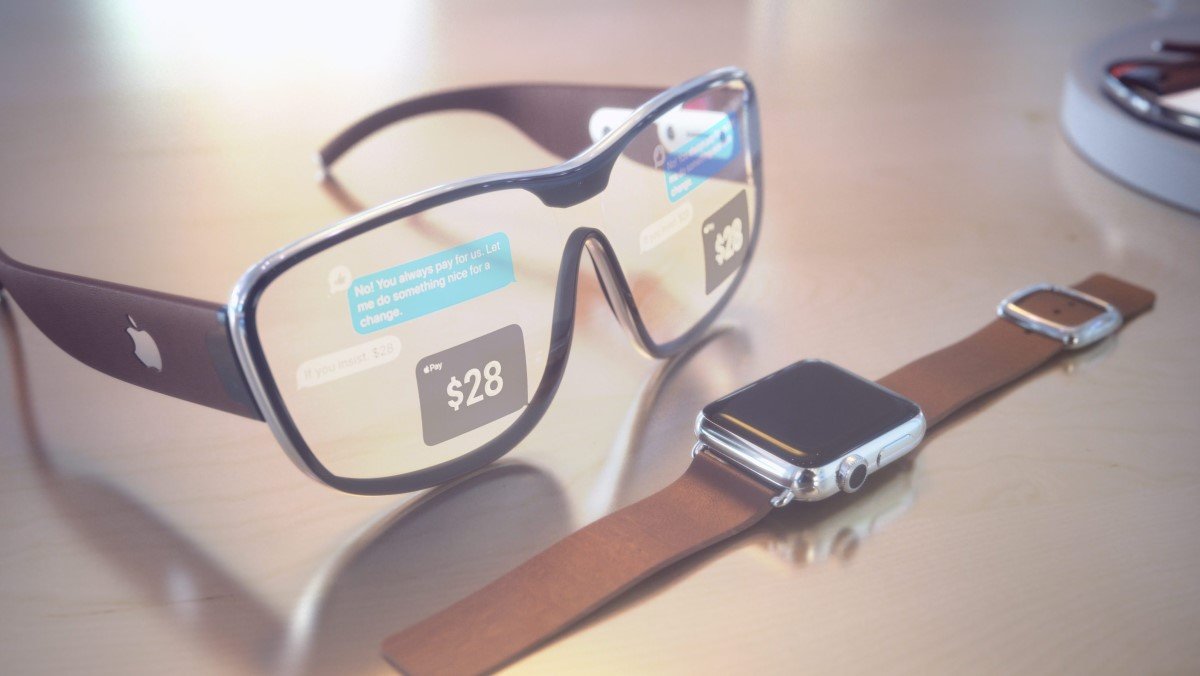Apple has been granted another patent that shows how Apple Glasses could automatically unlock a user’s Apple devices, relatively the same way users make use of the Apple Watch to unlock their Mac.
Two other patents were published earlier today suggesting that Apple is developing new covers and cases for iPad and iPhone. Unlocking devices such as the iPhone can become annoying at times, especially during the covid-19 pandemic. The paper does not directly mention Apple Glass, but the language used makes it quite clear that the paper is referring to it.

A new patent suggests Apple Glass could automatically unlock your Apple devices
According to the patent, when ‘multiple devices are used concurrently, procedures for unlocking each device individually can delay user access and reduce the quality of the user experience.’ The Cupertino tech giant says that when the user is wearing an authenticated device on the head, nearby devices can be unlocked smoothly, without interrupting with user’s features and not delaying the essence of the user experience.
One aspect of the disclosure is a system for authenticated device assisted user authentication. The system includes an authenticated device that is worn by a user as a head-mounted device, wherein the user is currently authenticated to access a restricted-access function of the authenticated device. The system also includes a proximate device that has a locked state and an unlocked state, wherein a restricted-access function of the proximate device is inaccessible by the user in the locked state, and the restricted-access function of the proximate device is accessible by the user in the unlocked state. The authenticated device is operable to detect the proximate device, to determine an intent of the user to access the restricted-access function of the proximate device while the proximate device is in the locked state, and to emit authentication data. Based on the authentication data, the proximate device identifies the user as an authenticated user and enters the unlocked state from the locked state, such that the restricted-access function of the proximate device is accessible to the user.
If a user does not want devices to be unlocked without any user interaction, the patent also explains other options. These include voice command, a body gesture, ‘special orientation’, an eye gesture, or a motion gesture – perhaps walking up to the device.

Applied originally applied for the patent in April of 2019, and it was granted today. The company says that there might be different levels of authentication. Just picking up the iPad or iPhone while wearing Apple Glass could provide a limited amount of use. This is similar to how users can now have notifications appear on the lock screen, or allow access to Control Center without unlocking the device.
CEO Tim Cook states that the company now finds augmented reality (AR) more interesting than virtual reality, and thinks that Apple Glasses could eventually replace in iPhone. Analyst Ming-Chi Kuo said that Apple Glass could be just a display device controlled by an iPhone, rather than being a standalone device.
Let us know in the comments about your thoughts on Apple Glass!
Read Also:
- Apple seeds watchOS 7.3 beta 2 to developers
- Apple releases iOS 14.4 beta 2 and iPadOS 14.4 beta 2 to developers
- Apple challenges systemic racism in the United Stated by launching new ‘Racial Equity and Justice Initiative projects’
- Oceanhorn: Chronos Dungeon, a co-op dungeon crawler, comes to Apple Arcade
2 comments